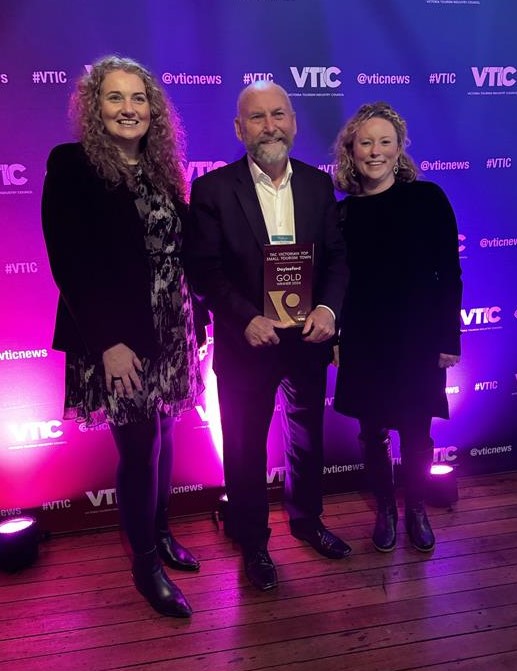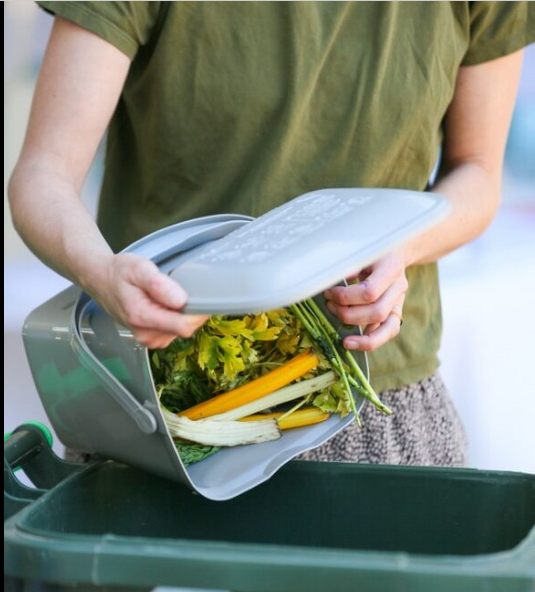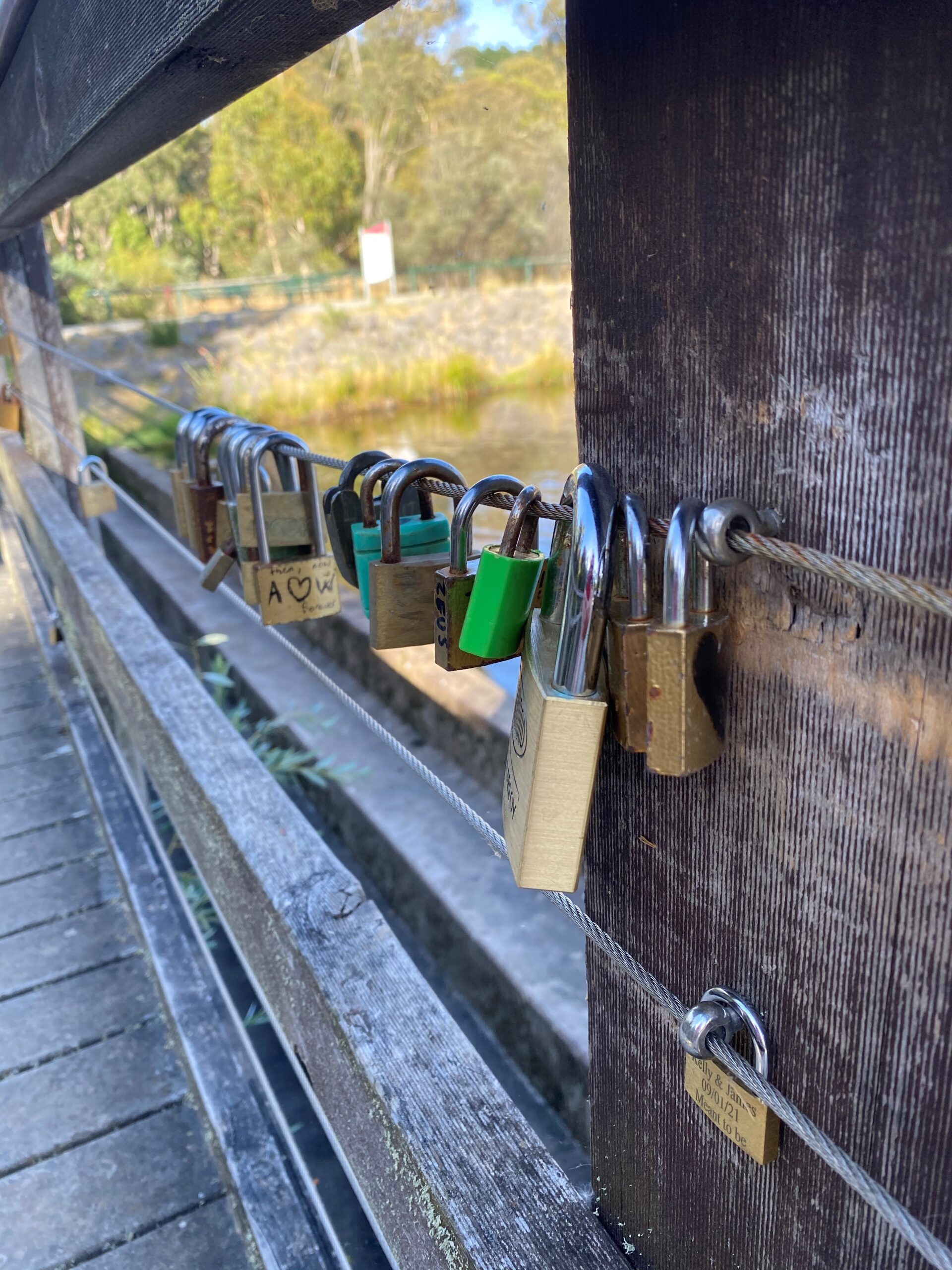October 8th, 2022History of the Gold Rush comes alive in book
OVER The Log, a tale of a pioneering woman, is a fascinating read, written by Jenny Trewhella about her great-grandmother Betsey Trewhella (nee Noal).
It follows the hard life of Betsey as she and her growing family move from Cornwall to Blackwood and finally Blue Mount, taking in the years from 1854 to 1867 – and the Australian gold mining rush of the era.
In the book, which is a fictional story based on fact, Betsey’s husband Ben leaves Cornwall for what they hope is a better life in Australia. Mining in Cornwall is over and the Gold Rush has began on the other side of the world.
What Jenny captures is not the often boring historical records of the period, but the interesting minutiae of life. What people were thinking, how they were surviving the harsh climate, and mostly, how women, the forgotten heroes of many eras, were living their lives.
I found the book, all 350 pages of it, virtually impossible to put down over a recent weekend, as it brought to life the history of this region. There’s even a visit to Daylesford, staying at the Albert Hotel with its corner-facing door, not to be used by a law-abiding family for good reason, and trips to Jubilee Lake and Wombat Hill.
I chatted to Jenny about her book, her next novel, her own story and her love of history.
Donna: I loved your book but I must say I didn’t like Betsey’s husband Ben Senior very much.
Jenny: I think he was a total patriarch and a religious bigot. I have him saying the Aborigines are alright, but they are all heathens, my goodness. And he did say (when collecting his family from the boat from Cornwall) that a child of his would never look that ill. The only son and heir nearly died on that trip. I think that trip was just so tough for Betsey and I gave her a cabin but history tells me that women and children were usually just in one big room.
Donna: How did you come to write a book at all?
Jenny: I have always been interested in the history of real people and their day-to-day life and just imagining what it was like for them, what they went through. I had this idea about Ben heading off to Australia leaving Betsey behind and her knowing that she was pregnant again. I think the women were either going through morning sickness or feeding all the time. I am a feminist, of course, and I think often things don’t change because the men are in charge and they don’t want change, but the women do.
Donna: Are you the keeper of history in your family? And it must be amazing to have so much history and a famous name for this region?
Jenny: No, my brother Dennis is. He lives in Trentham but he is the one who strolls all over the world making notes. He was a great source of information for me. I absolutely love history, I find it fascinating. And yes, we are famous because of the (Trewhella) jacks but lots of us these days are environmentalists. My kids and I am. But my grandfather (used those jacks to) cut down timber until there wasn’t any good timber left.
Donna: How did you start with so much information?
Jenny: I started the novel with mum and I visiting Betsey’s youngest in 1953. I thought I am just going to start with me and my connection and then I thought about Betsey and the pregnancy and the move to Australia. Things like when they moved to Blue Mount and Ben said they had a spring up the hill and the women could walk up there to fetch water and that would be good exercise for them.
Donna: And how did you come up with the title?
Jenny: It was because Betsey faced so many challenges even before they left Cornwall. They had been quite well-to-do but they were miners and the mining was finished and they were poor as far as disposable income goes.
But off they went on this idea of going to Australia. And Betsey said it was all like pregnancy and birth – women just make the best of difficult situations. She is off the ship and dog tired and has to walk up that steep hill to the hut next to the Blackwood battery of all things – which of course suited Ben. I could have called the book It Suited Him. And then she was confronted on a late afternoon in August with a log she had to walk over to get to their new house, also in Blackwood.
She said to Ben that once she crossed that log she was never going back to Cornwall, and they had money and could have gone back, but they were committed to Australia – and now there are thousands of us.
Donna: Did you have any help to write the book?
Jenny: I was thinking about writing it and my son said he knew a woman who had a writers’ group in Bacchus Marsh, the Harvest Writers. We meet in the Bacchus Marsh Library and that little group worked through the book with me. We tossed ideas around and they have been fantastic. I found that really helpful. I do have another book, about my mother’s side and how her great-grandfather was transported from Ireland to Australia after he was accused of stealing barley meal. He was a tailor but no-one wanted to buy a nicely made suit in a famine. His wife and son eventually came out and he ended up being a farmer at Barwon Heads, before it was Barwon Heads. It is a fascinating story and I have decided it will all be in letters.
Every letter in Over The Log, is made up because some women in my family decided to have a bonfire. The only real letter is the one at the end from William Trewhella who wrote about missing his family but he was also having problems with his neighbours. I love that and it never goes in the history books. But he wrote a letter and said the next door neighbours were giving him the irrits.
Donna: You were brought up in Box Hill?
Jenny: Yes, my dad was the youngest of Ben Junior’s and he was a school teacher. His mother Sarah Trewhella (nee Hosking) wanted a school teacher in the family. But we always went to Trentham one or two times a year for holidays and love it up there. I have a small mud brick place in Lyonville and we really love it there as well. I have had an interesting life, I was in nursing and am a retired minister of the Uniting Church. I am also working on my own story.
Donna: Finally, where can people buy your book?
Jenny: I am talking at a book launch at the Trentham Neighbourhood Centre, which is being held by the Trentham and District Historical Society, on Sunday, October 16 at 3pm. The books are $25 and all proceeds from sales go to the Trentham Museum because I believe Trentham needs a museum before any more people die and their records are burnt or thrown out in a skip. I think history leads us towards our future.










